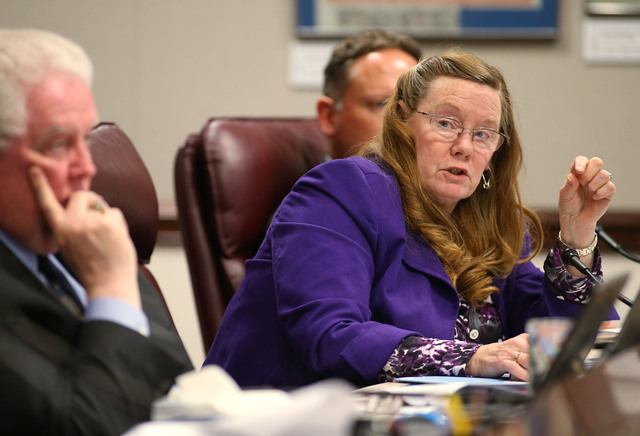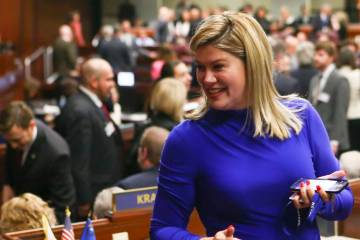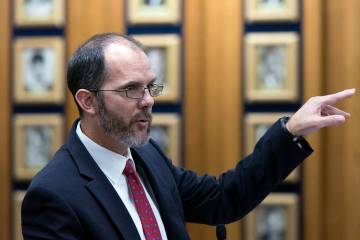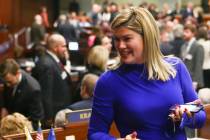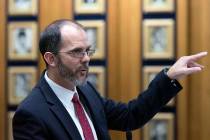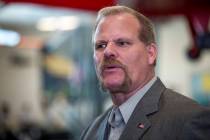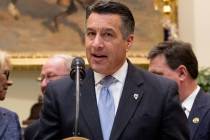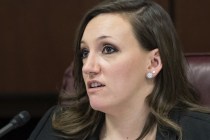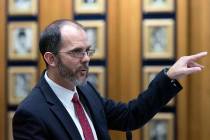Nevada advocates try again to ban surprise medical bills
CARSON CITY — Unions and patient advocates presented legislation Monday attempting to build on the momentum of other states to end surprise medical bills in Nevada.
The Democratic-backed proposal would cap the amount that could be charged when people visit hospitals that accept their insurance but involuntarily see specialized doctors who do not. It would also apply to people who need emergency medical care and are rushed, either by ambulance or their own means, to a facility that does not accept their insurance.
There is no correlation between bill charges and actual costs when a patient visits the wrong physician, Kathy Silver of Health Services Coalition said at a legislative hearing, citing cases in which people paid nine or 10 times more for out-of-network care than the same services when covered by insurance.
“Patients don’t have an ability to negotiate,” Silver said. “When they get a bill like this, they are completely out of luck — they are going to have to pay whatever the doctor says.”
Assembly Bill 382 faces substantial resistance from doctors’ organizations and the history of opposition from Gov. Brian Sandoval. It would set out-of-network fees at about the same rate proposed in a bill that Sandoval vetoed in 2011.
But supporters — including both legislative leaders — are hoping the policy’s recent enactment in California, New York, Connecticut and elsewhere will push the governor to reconsider.
Assemblywoman Maggie Carlton, a Las Vegas Democrat and lead sponsor of the bill, is also considering amendments that could bring hospitals on board with the legislation.
Insurance companies and hospitals negotiate in-network prices. Hospitals can expect those contracts to, in turn, lead a certain number of patients and revenue through their doors.
One of Sandoval’s primary sticking points six years ago was that dictating prices outside such contracts would improperly interfere in the health agreements.
Since then, the governor has expanded government-subsidized Medicaid and increased the number of insured Nevadans by about 300,000 people. Other aspects of the health insurance market and federal policies have also changed.
“Nevada’s system and delivery of health care is completely different from 2011, so the Governor will have to review any measure related to balanced billing should it arrive on his desk,” spokeswoman Mari St. Martin said of the proposal to curb surprise bills. “This is a complex issue that would impact patients, health care providers, and insurers, so he will wait to weigh in until the Legislature has thoroughly debated and vetted the issue.”
Hospital representatives said Monday they would be amenable to controlling out-of-network costs as long as the prices aren’t set at or below their contractual prices.
Currently, the bill would cap out-of-network costs at that of the average contract agreement or 125 percent of the average Medicare reimbursement rate for the same services in the region of the facility where treatment is provided.



